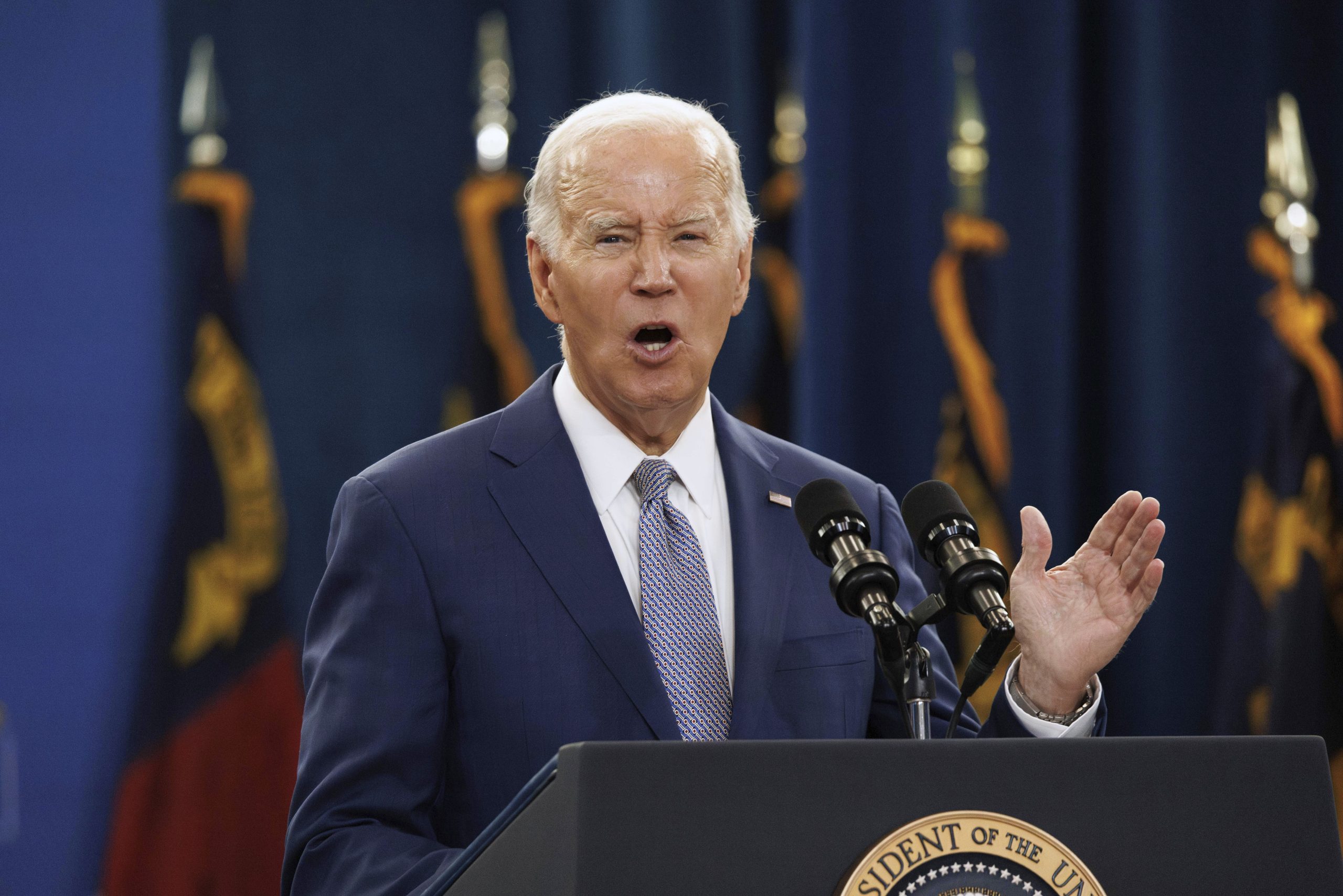
After inheriting a deeply divided and wounded nation, Democrat Joe Biden aimed to unite the country, a task made more challenging by the aftermath of the January 6 riots. Despite his promises, the U.S. remains sharply divided, with tensions escalating during the Biden presidency. The blame for this polarization is widespread, reflecting the complex dynamics at play.
Here are other controversial issues that have overshadowed Biden’s first term:
Afghanistan Withdrawal: While there was widespread support for ending the long-running conflict, the chaotic and rapid withdrawal drew criticism for leaving behind Afghan allies and creating a vacuum that allowed the Taliban to regain control quickly. The images of people desperately trying to flee Kabul airport added to the controversy.
Immigration Policies: The administration’s approach to immigration has been criticized from both sides. Some argue that it’s too lenient, leading to increased illegal border crossings, while others argue it’s too harsh, citing concerns about the treatment of migrants in detention centers and the pace of processing asylum claims.
COVID-19 Response: The administration faced challenges in balancing public health measures with economic considerations. Vaccine distribution, mask mandates, and communication strategies have been points of contention, with differing opinions on the level of government intervention required.
Infrastructure and Spending Bills: The scale of proposed infrastructure and spending bills, such as the American Jobs Plan and the American Families Plan, has sparked debates over the role of government in the economy, concerns about inflation, and questions about the long-term impact on the national debt.
Gun Control Measures: The administration’s push for stricter gun control measures, including background checks and an assault weapons ban, has faced opposition from Second Amendment advocates who argue that such measures infringe on individual rights and do not necessarily address the root causes of gun violence.
National Debt spiraling: Biden has taken the national debt to new heights, with it surpassing $34 trillion at the start of 2024. This represents a $6.5 trillion increase since he took office. The proposed half-trillion-dollar student loan forgiveness program adds to the financial strain. Facing the looming debt ceiling and a potential Capitol Hill showdown, some suggest an unconventional solution: minting a $1 trillion coin, a legally questionable proposal that could lead to a constitutional crisis if the courts resist.